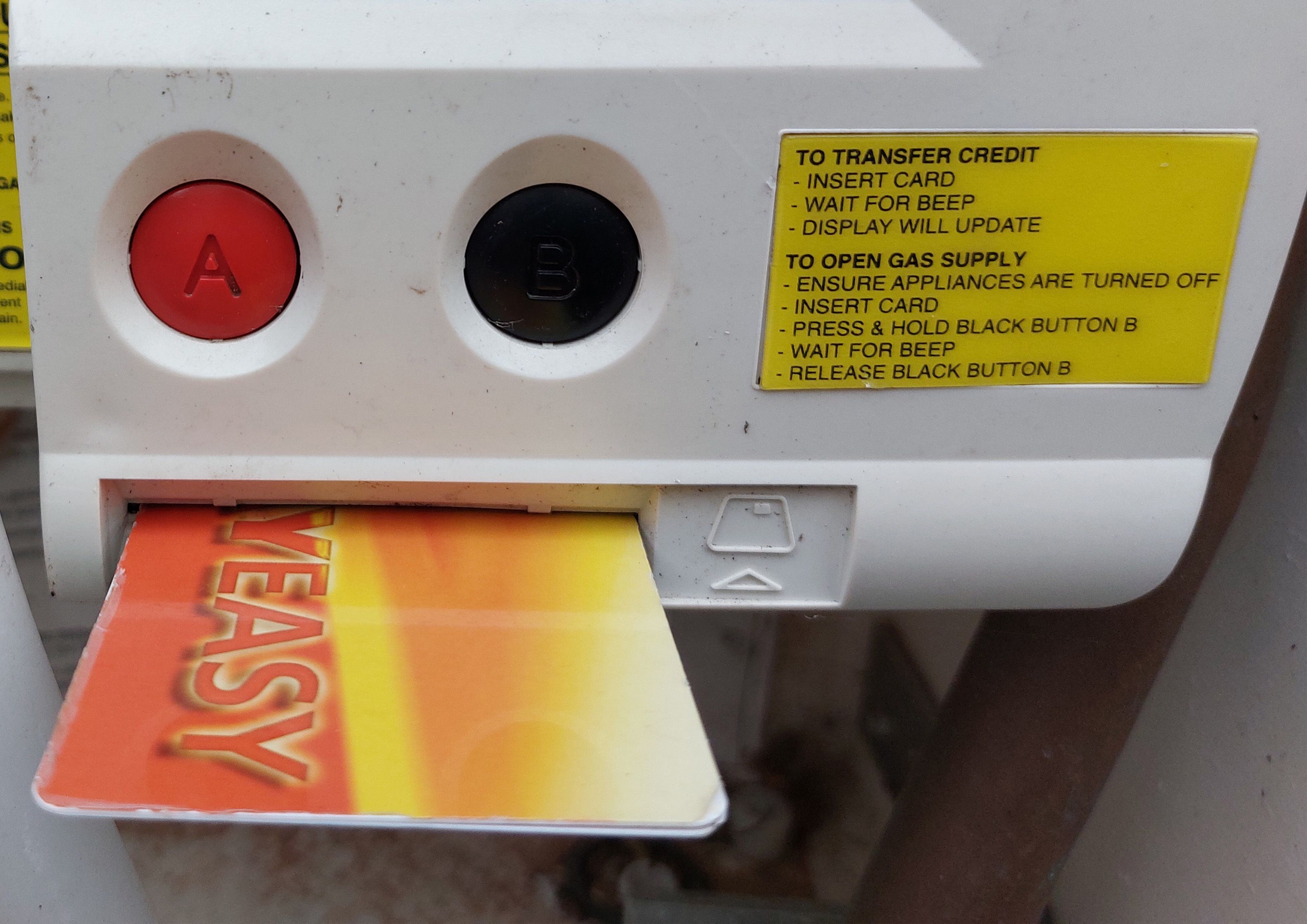SSE Airtricity has announced an increase of 28.4 per cent for gas customers, effective from Saturday 1 October 2022. This will impact around 188,000 domestic gas customers throughout the Greater Belfast and West gas networks, and about 4,600 commercial customers.
This news means that the yearly gas bill of a typical household with a credit meter will rise by about £351 per year. Those customers with a prepayment gas meter (PAYG) will see their typical costs increase by around £348 per year.
SSE Airtricity has also announced a 35.5 per cent increase in its electricity prices, effective Saturday 1 October 2022. This will see electricity bills for an average household increase to around £1,356 per year.
Last October, the average annual household spend on gas was £626, by 3 October this year, it is predicted to be more than double that at £1,595.
This news comes amid disagreement at Stormont over the issuing of a £400 payment towards energy costs.
Earlier today, Economy Minister Gordon Lyons and Finance Minister Conor Murphy met with Secretary of State, Shailesh Vara in an attempt to make progress on the issuing of the payment to households.
After the meeting, the Economy Minister told the press that the payment would be made in November with the Finance Minister disagreeing and saying that he could not recall November being mentioned in the meeting and that there was currently no timescale for its delivery.
SSE Airtricity announces a 28.4% increase in gas prices & a 35.5% increase in electricity prices from 1 October 2022.
— The Consumer Council (Northern Ireland) (@ConsumerCouncil) August 26, 2022
As we face into a very serious cost of living crisis this winter, read our full statement: https://t.co/rfwcN0KliB pic.twitter.com/BGmR1lN62s
Peter McClenaghan, Director of Infrastructure and Sustainability at the Consumer Council said: “We are facing into a very serious crisis this winter and I am angry and fearful on behalf of Northern Ireland consumers.
"Already many of our households are at the brink. This announcement means consumers in Belfast face combined annual gas and electricity bills in excess of £2,500 a year, with further price increases to come.
"This is a global problem, the price of the gas we import is outside the control of local companies, but consumers require a lot more local support than has been offered to date.
"The £400 Energy Support Scheme promised to all households in NI by the Chancellor will be a help, but it will not be nearly enough as a typical gas consuming household will be paying out over £1,000 more for energy this winter than last."
Mr McClenaghan said that the Consumer Council encourage anyone who is struggling to pay their energy bills or to top-up their meter, to contact their supplier directly for help and information.
"We also encourage consumers to think about ways they can reduce their energy costs through energy efficiency and, if you can, put some extra money aside for energy costs this winter," he added.
“In the short term, the Consumer Council has been working in collaboration with Government departments, The Utility Regulator, energy suppliers, and third sector organisations, who have been working hard to try to put in place immediate support and advice to help those in energy crisis this winter and beyond.
"In the longer term, this situation shows the importance of the Department for the Economy’s Energy Strategy Action Plan, that aims to tackle affordability and move us away from our dependence on fossil fuels.”
Consumers can also get in touch with the Consumer Council for free independent advice by calling Freephone 0800 121 6022, emailing contact@consumercouncil.org.uk or visiting their website.








